
Python for Junior - Python Learning Platform

Hello! Ready to learn Python together?
Empower your Python journey with AI.
How do I start learning Python?
Can you explain variables in Python?
What are lists and how do I use them?
How can I create a simple Python program?
Get Embed Code
Introduction to Python for Junior
Python for Junior is a specialized GPT designed to make learning Python programming accessible and engaging for beginners, while also providing the depth required for more advanced learners. It serves as an instructional companion, offering explanations, coding examples, and guidance tailored to the learner's pace and level of understanding. Through a friendly and approachable tone, it aims to demystify programming concepts and encourage practical application. For instance, when teaching variables, Python for Junior might use a simple example like setting a variable 'age' to a number and explaining how it can be used in a program to store information. This GPT is equipped to adjust its explanations based on the learner's progress, ensuring concepts are grasped before moving onto more complex topics. Its design purpose is to foster a comfortable learning environment where questions are welcomed, and learners can build confidence in their programming skills. Powered by ChatGPT-4o。

Main Functions Offered by Python for Junior
Explaining Python Basics
Example
Python for Junior explains basic concepts such as data types, variables, and simple functions using everyday language. For example, it might compare variables to labels on containers, helping learners visualize how data is stored.
Scenario
A beginner wants to understand what a string is in Python. Python for Junior breaks down the concept by comparing strings to sentences in a book, explaining how they can contain letters, numbers, and symbols.
Guided Coding Projects
Example
It offers step-by-step guidance on simple projects, like creating a basic calculator or a simple game. This hands-on approach helps reinforce learning through application.
Scenario
A user is interested in making a simple text-based adventure game. Python for Junior guides them through the process of setting up scenarios, receiving user input, and creating decision structures to progress through the game.
Debugging Help
Example
When learners encounter errors in their code, Python for Junior helps identify the issue and explains how to fix it in an understandable way, such as clarifying common syntax errors or logical mistakes.
Scenario
A learner is puzzled by an 'IndentationError'. Python for Junior explains what indentation signifies in Python, how the error occurs, and offers tips on how to review and correct their code to resolve the issue.
Ideal Users of Python for Junior Services
Absolute Beginners
Individuals with no prior programming experience will find Python for Junior particularly beneficial. Its approachable manner and clear, simple examples make the initial learning curve less daunting and more engaging.
Young Learners
Young people interested in technology and coding can benefit from Python for Junior's friendly tone and gradual introduction to programming concepts, making it an ideal tool for introducing children and teenagers to Python.
Educators
Teachers and tutors looking for resources to support their curriculum will find Python for Junior a valuable asset. It can serve as an additional teaching tool to explain concepts in different ways and provide students with a resource for home study.
Hobbyists
Individuals exploring programming as a hobby or new skill later in life will appreciate the straightforward explanations and practical examples that allow them to apply what they learn in real-world scenarios.

How to Use Python for Junior
Start with a Free Trial
Access Python for Junior by visiting yeschat.ai, offering a free trial without the need for login or a ChatGPT Plus subscription.
Explore Tutorials
Begin with the interactive tutorials available on the platform to familiarize yourself with Python basics and advanced concepts.
Practice Coding
Use the provided coding exercises to practice writing Python code. These exercises range from beginner to advanced levels.
Ask Questions
Pose your Python-related questions directly to Python for Junior to receive instant, detailed explanations and code examples.
Utilize Resources
Take advantage of the additional resources like cheat sheets, best practices, and debugging tips to enhance your learning experience.
Try other advanced and practical GPTs
React assistant for Juniors
Empowering React beginners with AI-driven guidance

Angular Expert
Empowering Angular Development with AI

Javascript Bug Solver
Solve JavaScript bugs with AI-powered precision.

Italian Original Cuisine Guide
Authentic Italian cuisine at your fingertips

Japanese Gourmet Guide
Discover the Art of Japanese Cuisine
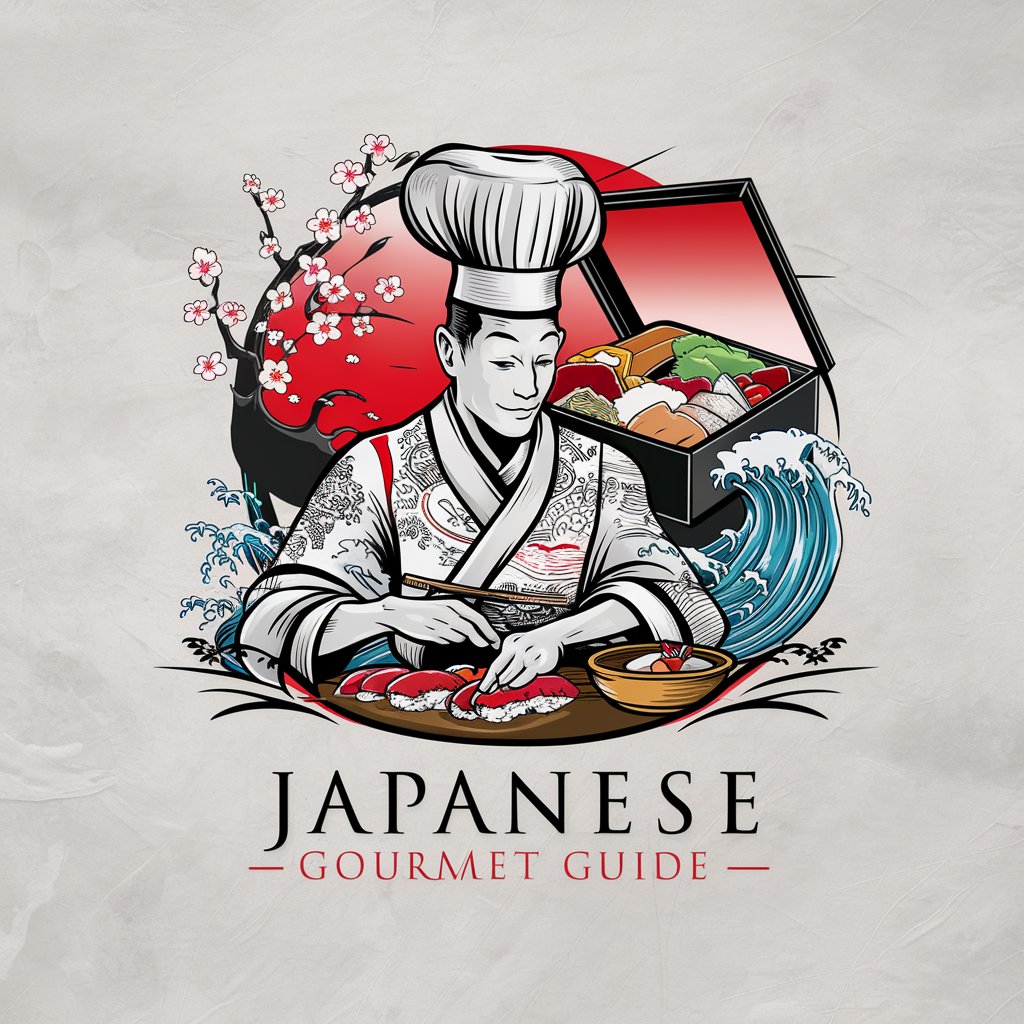
Thai Culinary Guide
Discover the essence of Thai cooking, powered by AI.
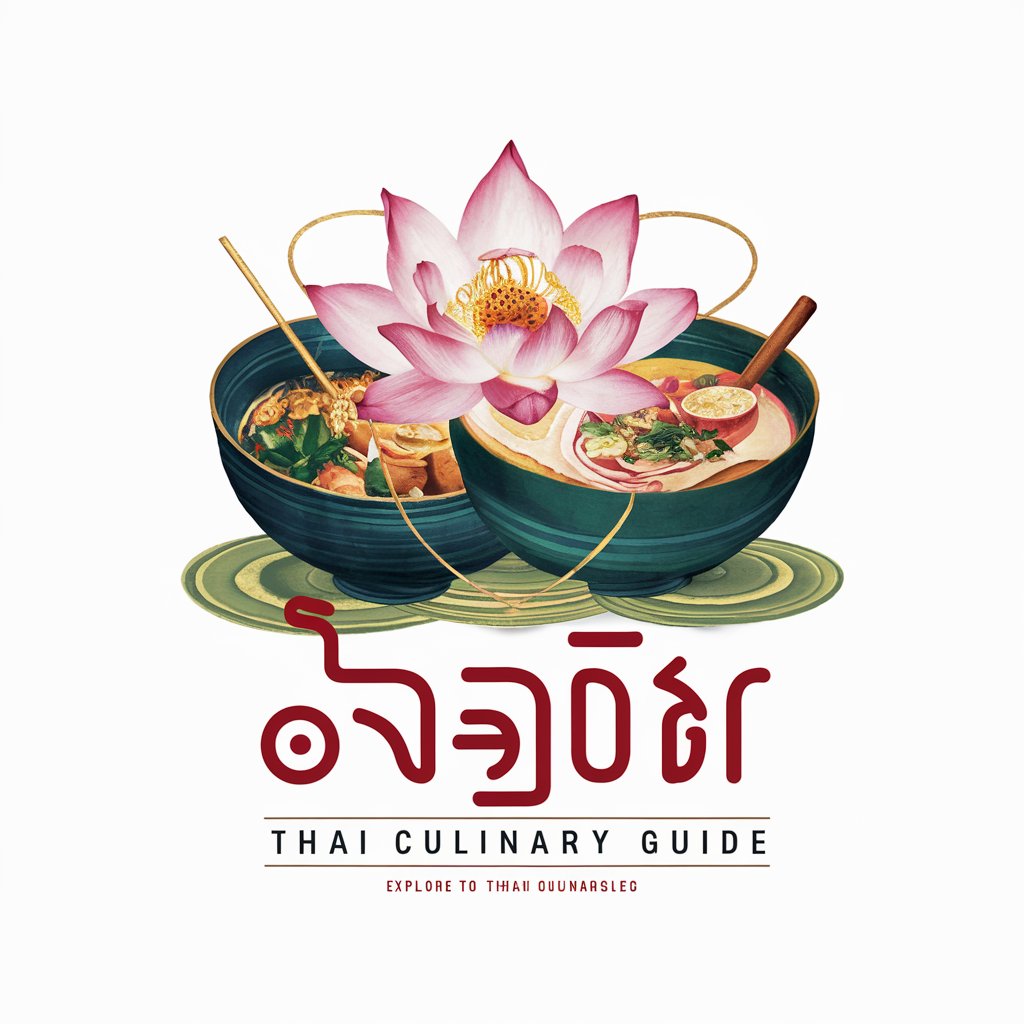
JavaScript Buddy Assistant
Empowering Your JavaScript Journey with AI
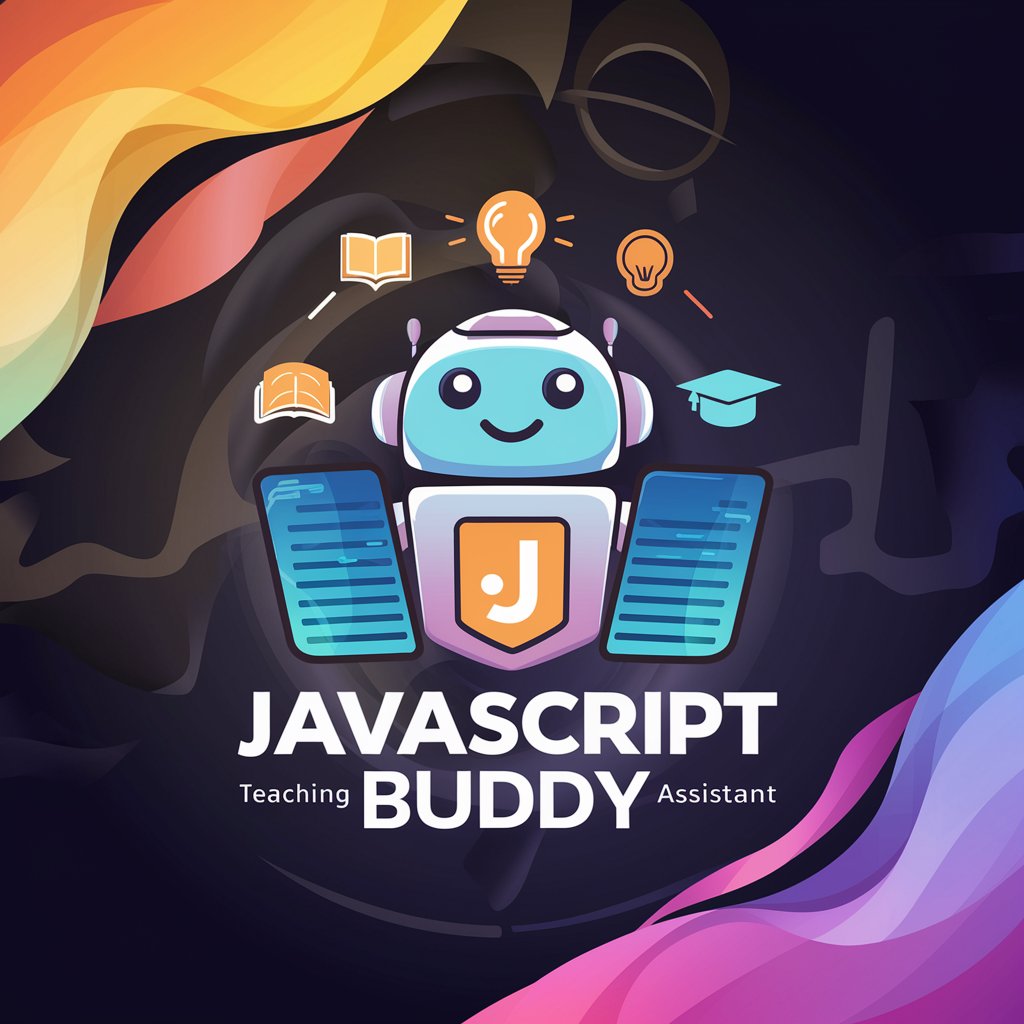
Notion Expert
Elevate Your Notion Experience with AI

Power BI Consultant
Expert Power BI insights at your fingertips
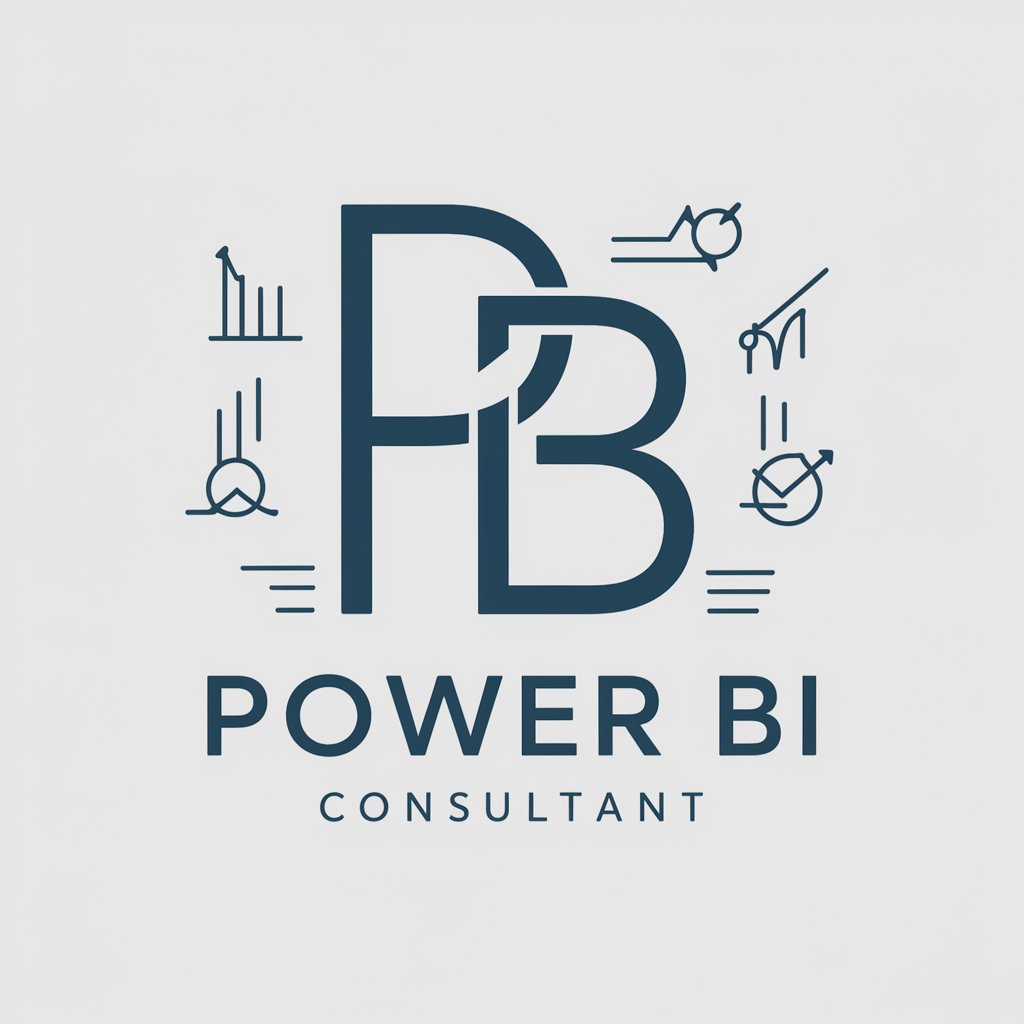
GA4 Analytics Advisor
Unlock Insights, Optimize Performance
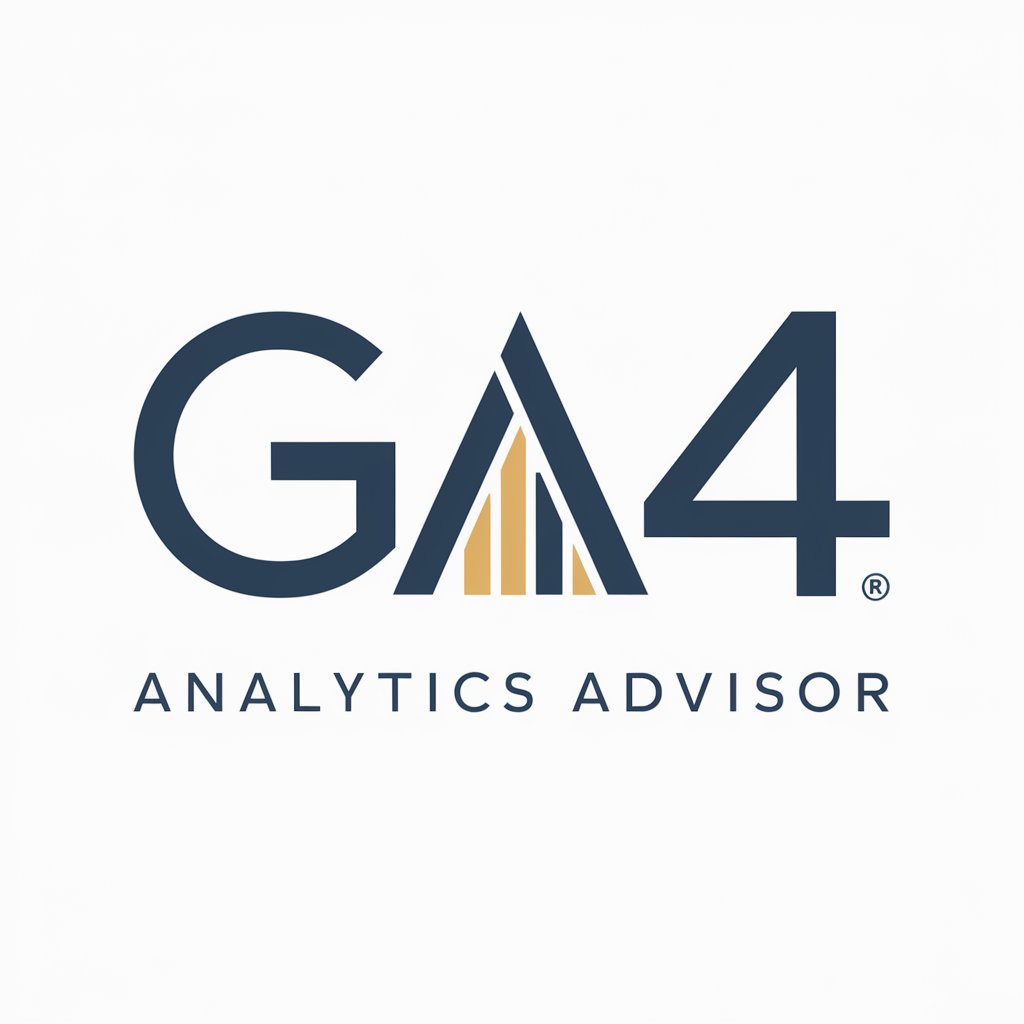
Search Console Consultant
Unlock SEO Potential with AI-Powered Analysis

Neural Council
Elevate Your Intelligence with AI
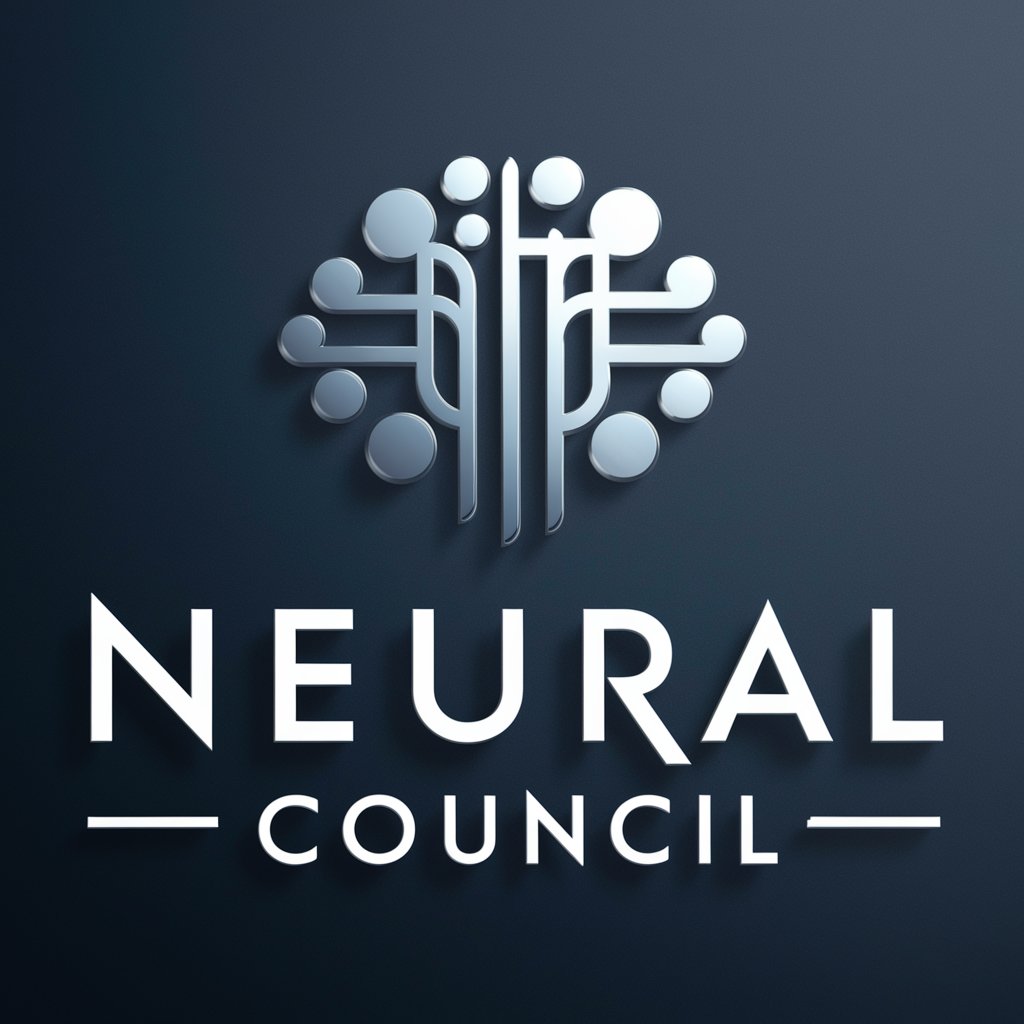
Detailed Q&A about Python for Junior
What makes Python for Junior different from other Python learning tools?
Python for Junior is uniquely designed for beginners, offering a blend of interactive tutorials, practice exercises, and the ability to ask questions in a conversational manner, making it more engaging and accessible than traditional learning platforms.
Can I get help with specific Python projects on Python for Junior?
Yes, you can get tailored assistance with your Python projects. Python for Junior can provide guidance on project structure, coding best practices, and troubleshooting specific issues you encounter.
Does Python for Junior cover data science and machine learning concepts?
Absolutely! While starting with the basics, Python for Junior also delves into more advanced topics like data science and machine learning, offering explanations, examples, and exercises to understand these complex concepts better.
How can teachers use Python for Junior in their curriculum?
Teachers can integrate Python for Junior into their curriculum by using it as a supplementary learning tool that provides students with interactive tutorials, additional practice, and instant feedback on Python programming concepts.
Is Python for Junior suitable for people with no programming experience?
Definitely. Python for Junior is designed to be beginner-friendly, starting from the very basics of programming and gradually moving to more complex topics, making it ideal for individuals with no prior programming experience.